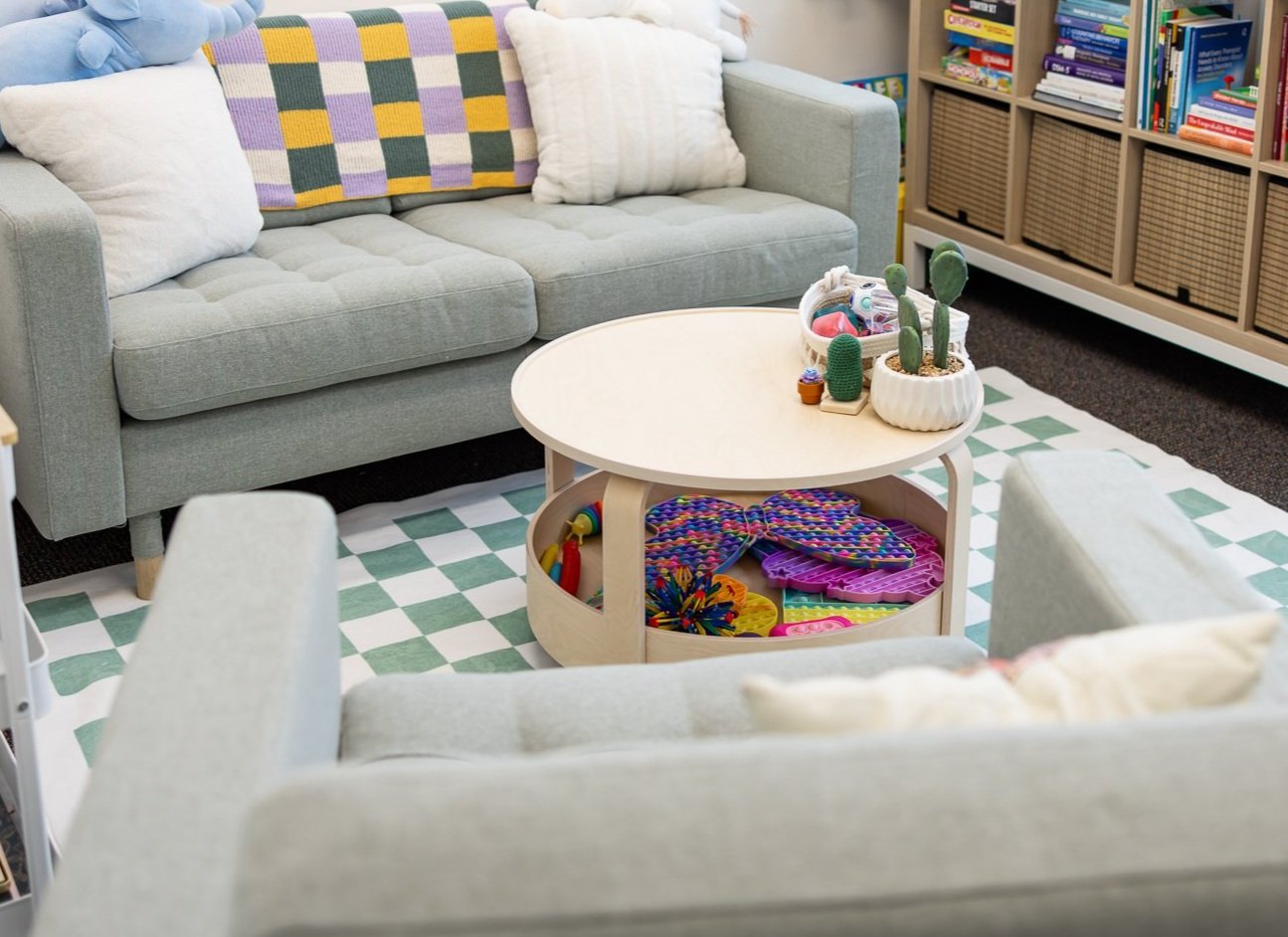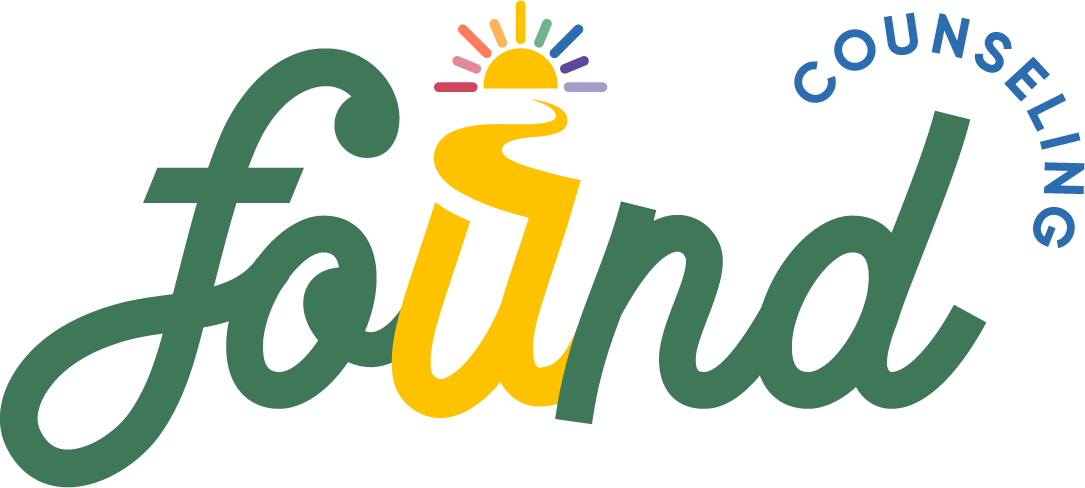
THERAPY FOR COUPLES
We aim to help you understand relationship dynamics more deeply and reconnect in ways that feel safe, respectful, and sustainable.
Whether you're navigating communication struggles, neurodivergent needs, identity shifts, or just feeling distant from each other, our work is rooted in compassion and collaboration, not blame or judgment.
-
We know that relationships can feel complicated, especially when neurodivergence, identity exploration, trauma, or life transitions are involved. Whether you’re feeling disconnected, struggling to communicate, or just trying to navigate different needs and expectations, therapy can help.
A space that’s affirming and inclusive of both partners’ identities and neurotypes
Support in understanding emotional responses like meltdowns or withdrawal
Tools for communicating in ways that honor each person's capacity and processing style
Collaborative goal-setting that reflects what you both want from your relationship
Room to unpack past experiences that may still impact how you show up in the present
A pace that matches your nervous systems, slow when needed, direct when helpful
-
Neurodivergent relationship dynamics (Autistic, ADHD, PDA, or 2e partners)
LGBTQIA+ identities, gender exploration, and shifting relationship roles
Emotional burnout, shutdowns, masking, and conflict avoidance
Life transitions like parenting, moving, or redefining the relationship
Long-term stress, trauma, or chronic misunderstandings
Therapy for Couples Can Offer
Joint sessions to explore shared challenges, patterns, and goals
Occasional one-on-one check-ins to ensure both partners feel supported
Concrete strategies to help with emotional regulation, boundaries, and routines
Psychoeducation about trauma, neurodivergence, or identity when helpful
A mix of structure and flexibility, focused on what actually works with you
More honest and effective communication
Fewer shutdowns or escalations in conflict
A stronger understanding of each other’s needs and limits
Increased trust, connection, and emotional safety
Better follow-through on shared goals and agreements
A sense of moving through challenges as a team, not opponents


